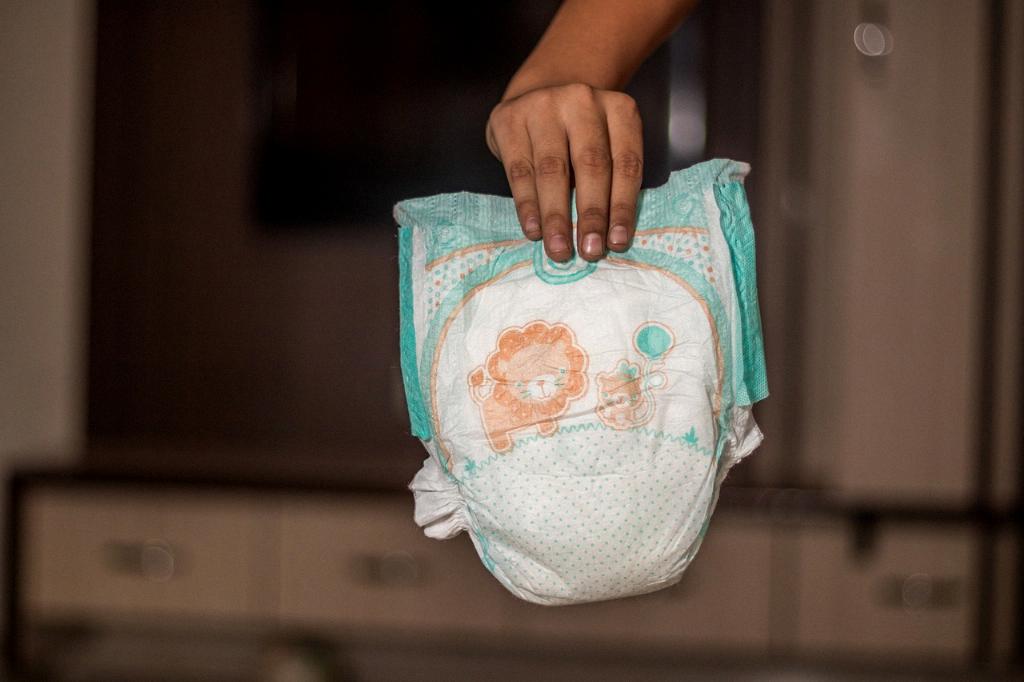When it comes to the delicate world of newborn care, one of the burning questions that new parents often find themselves pondering is whether they should change their little one’s diaper after every pee. While there is no one-size-fits-all answer to this question, there are some essential guidelines that can help in navigating this aspect of infant care.
The Importance of Keeping Baby Dry
Keeping a newborn’s diaper dry is crucial for preventing diaper rash and maintaining overall skin health. Urine in the diaper can create a moist environment that may lead to skin irritation, so it is important to keep the diaper area clean and dry to avoid discomfort for your little one.
Frequency of Diaper Changes
According to pediatric guidelines, newborn diapers should typically be changed every 2-3 hours during the day. However, this timeline can vary based on individual factors such as your baby’s feeding pattern, hydration levels, and skin sensitivity. It is crucial to pay attention to your baby’s cues to determine when a diaper change is needed.
Signs That It’s Time for a Diaper Change
Some telltale signs that your newborn may need a diaper change include a visibly wet or soiled diaper, a strong odor emanating from the diaper area, or fussiness and discomfort displayed by your baby. It is essential to be attentive to these cues to ensure your baby’s comfort and hygiene.
Changing After Every Pee: Pros and Cons
While changing your baby’s diaper after every pee may seem like a proactive approach to maintaining their skin health, it is also important to consider the practical implications of frequent diaper changes. Constant diaper changes can disrupt your baby’s sleep, lead to unnecessary waste of diapers, and may not always be feasible in a busy schedule.
Finding a Balance
As a parent, striking a balance between ensuring your baby’s comfort and minimizing unnecessary diaper changes is key. While it is essential to keep the diaper area clean and dry, it is also crucial to consider the practicality of changing diapers after every pee and find a rhythm that works best for both you and your baby.
Using Diaper Brands with High Absorbency
Opting for diapers with high absorbency can help in prolonging the time between diaper changes and maintaining your baby’s comfort. Choosing a reliable diaper brand known for its absorption capabilities can be a practical solution to reduce the frequency of diaper changes without compromising on your baby’s skin health.
Consulting with Pediatric Experts
If you are unsure about the appropriate diaper changing frequency for your newborn or have concerns about skin irritation, consulting with a pediatrician or healthcare provider can offer valuable insights and guidance. They can provide personalized recommendations based on your baby’s specific needs and help in navigating this aspect of infant care.
Adapting to Your Baby’s Needs
Every baby is unique, and what works for one may not necessarily work for another. It is crucial to observe your baby’s cues, preferences, and skin sensitivity to determine the ideal diaper changing routine that suits them best. Being attuned to your baby’s needs is key in providing optimal care and comfort.
The Bottom Line
Ultimately, the decision of whether to change your newborn’s diaper after every pee boils down to a balance between maintaining hygiene, preventing diaper rash, and considering practicality. By staying attentive to your baby’s cues, using high-quality diapers, and seeking guidance when needed, you can navigate this aspect of newborn care with confidence and ensure your little one’s well-being.

